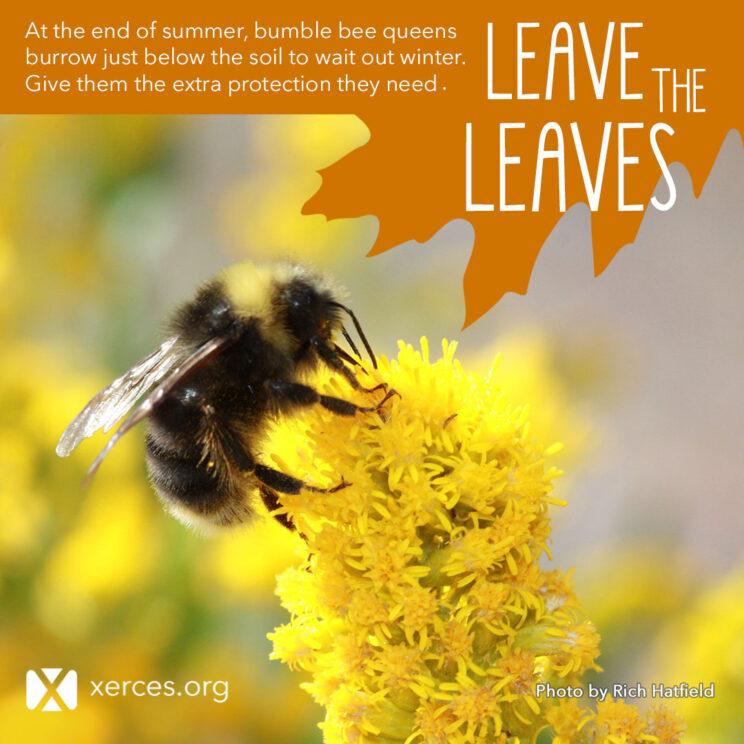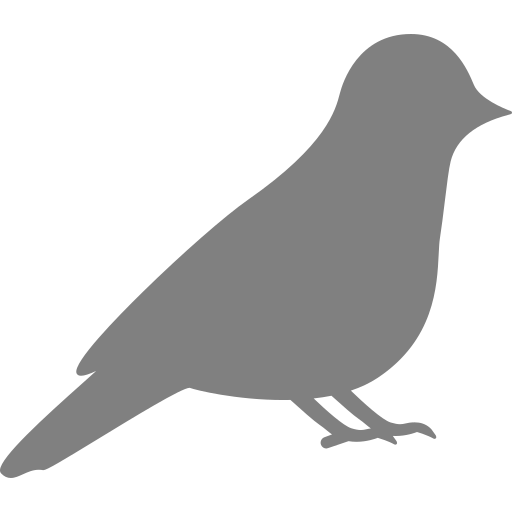Now that spring-like weather is here, we gardeners are desperate to “get in the garden” but the insects need us to hold on just a little bit longer. Garden waste pickup begins next week (March 15) but we urge you to wait so that pollinators do not get thrown out with your leaves.
The Xerces Society has an excellent campaign to help insects in spring. The Xerces Society for Invertebrate Conservation has some excellent articles on why and how to help our pollinators and other garden insects safely start their new year. Don’t spring into garden cleanup too soon! and Leave the Leaves to Benefit Wildlife
Lorraine Johnson also has some advice to share:
A note about soil and these first warming days, for those newly embarking on growing projects and who are wondering if now’s the time to start prepping. In general, it’s a good idea to avoid walking on planting beds (which compacts the soil), to not root around in the soil (it’s busy doing its own important work), and to not remove any mulch covering planting beds (there’s sure to be cold days ahead, and mulch is great protection and moderator of temperature swings). This time of year always reminds me that patience is a virtue in my relationship with soil.
It Might Feel Like Spring Has Sprung, But Your Garden Is Still Sleeping
by Brian Millward, LEAF
There is an excellent article in the LEAF blog:
With temperatures already warming up, it feels like spring is already here and it is time to start preparing for a new gardening season. However, while we might be ready to get to work in our gardens, it’s good to remember that many creatures are still using them as habitat before the spring thaw. Our volunteers came up with a great way to remind people of how important our gardens are for local wildlife during the winter…
More Gardening Opportunities
Even though our stewardship work is not currently happening there are a number of other groups that you can join to provide habitat for wildlife, even if it is in your own yard or balcony. Collectively we can create “nature corridors” throughout the city. Obtaining native plants is sometimes a challenge so you are invited to join Project Swallowtail, Pollinator Partnership and LEAF who are going to be providing a variety of native plant kits and information on growing them. For those also interested in growing edibles and herbs for yourself and pollinators too, the Toronto Urban Growers have great resources.
Our website continues to have more links to other groups and recordings containing a wide variety of gardening and stewardship topics as well as Jaclyn Scobie’s activities at home. The High Park Nature Centre will also have some offerings for adults and children.

















